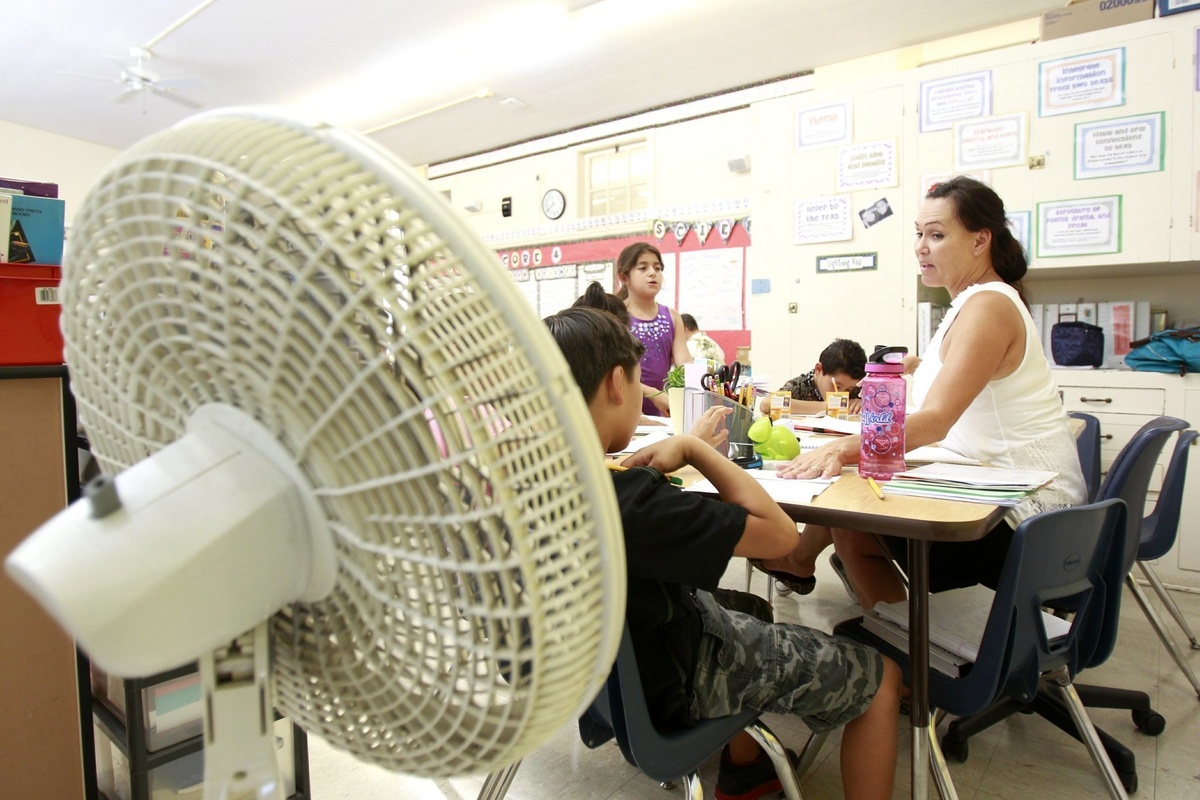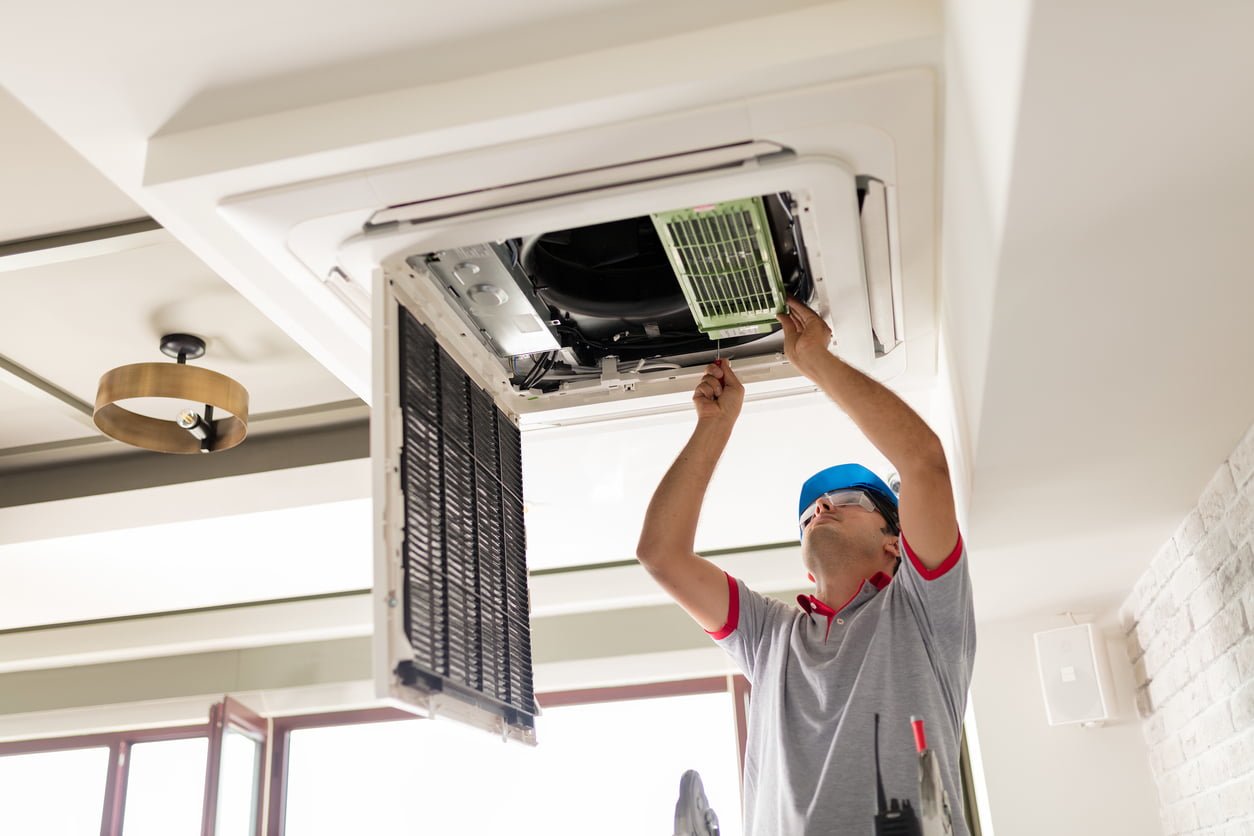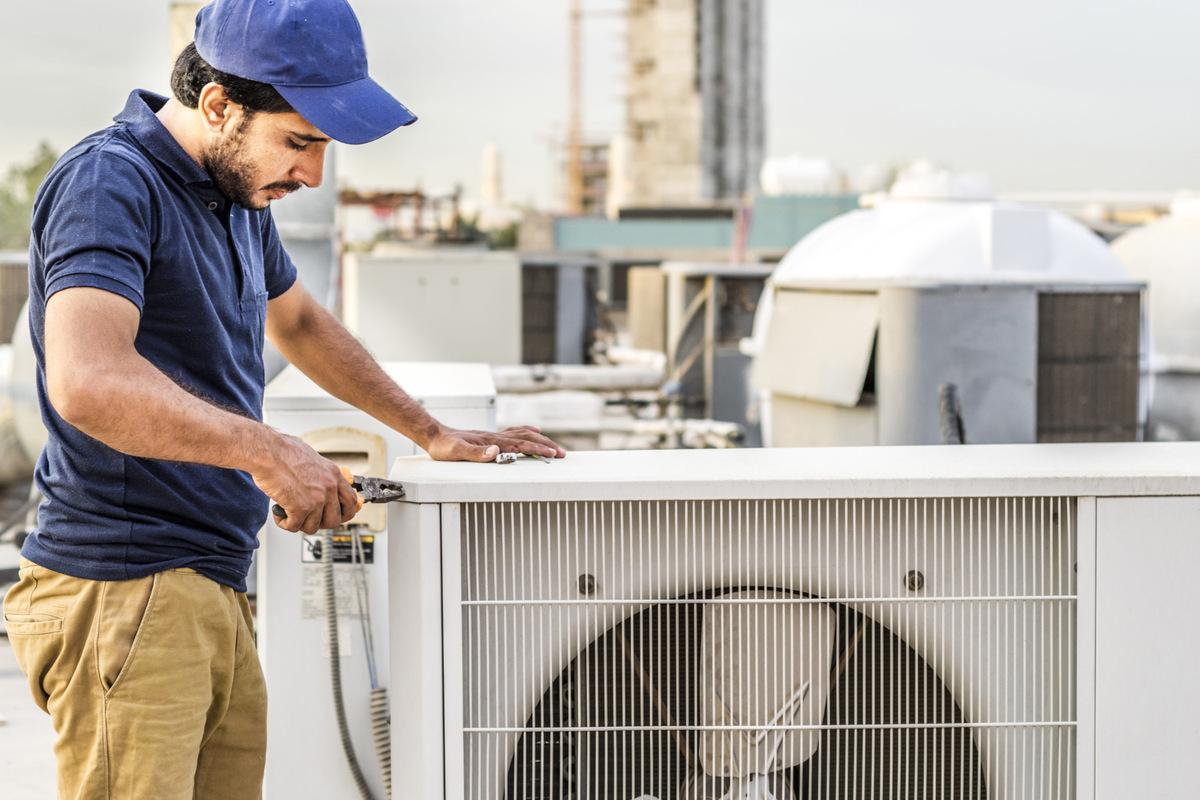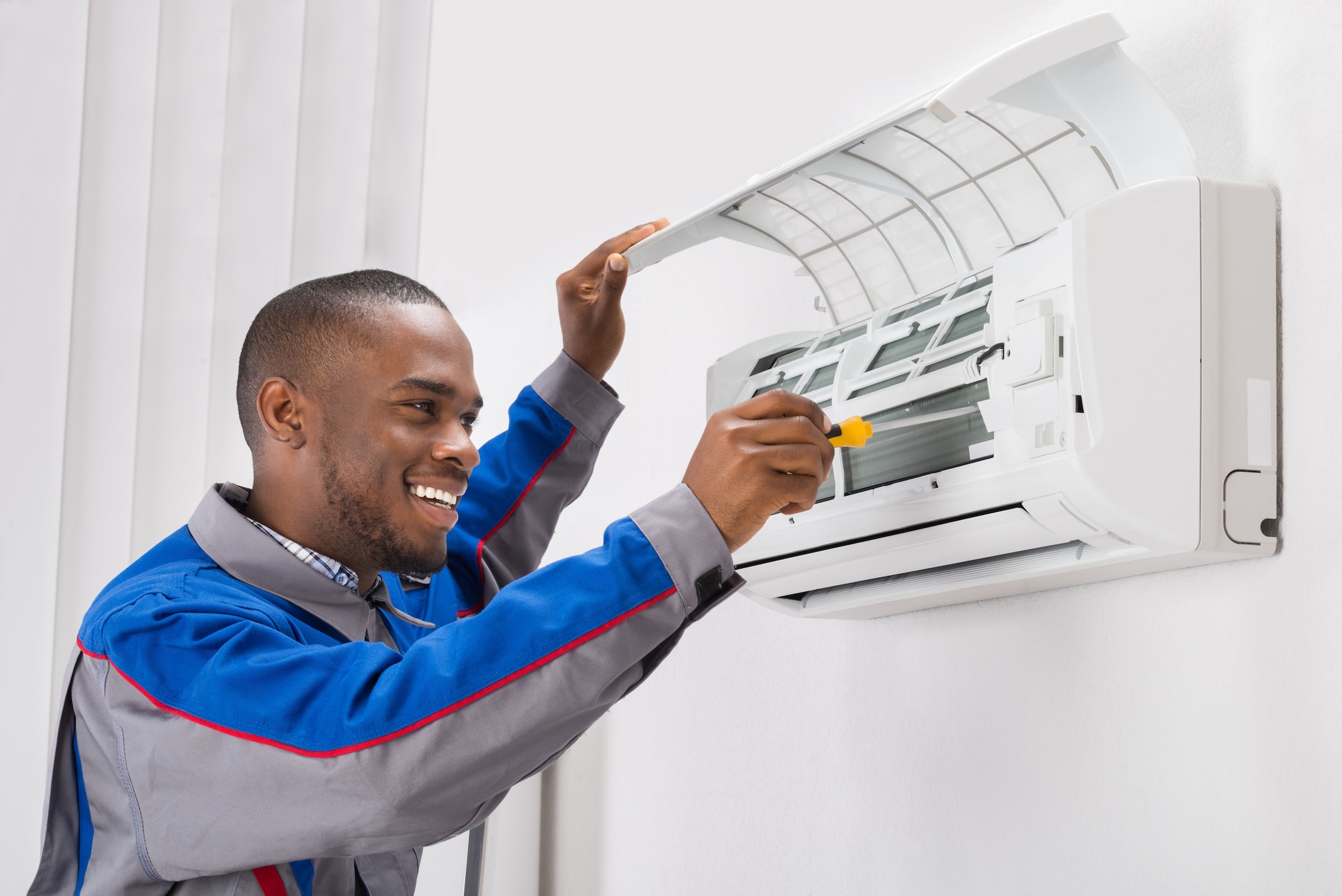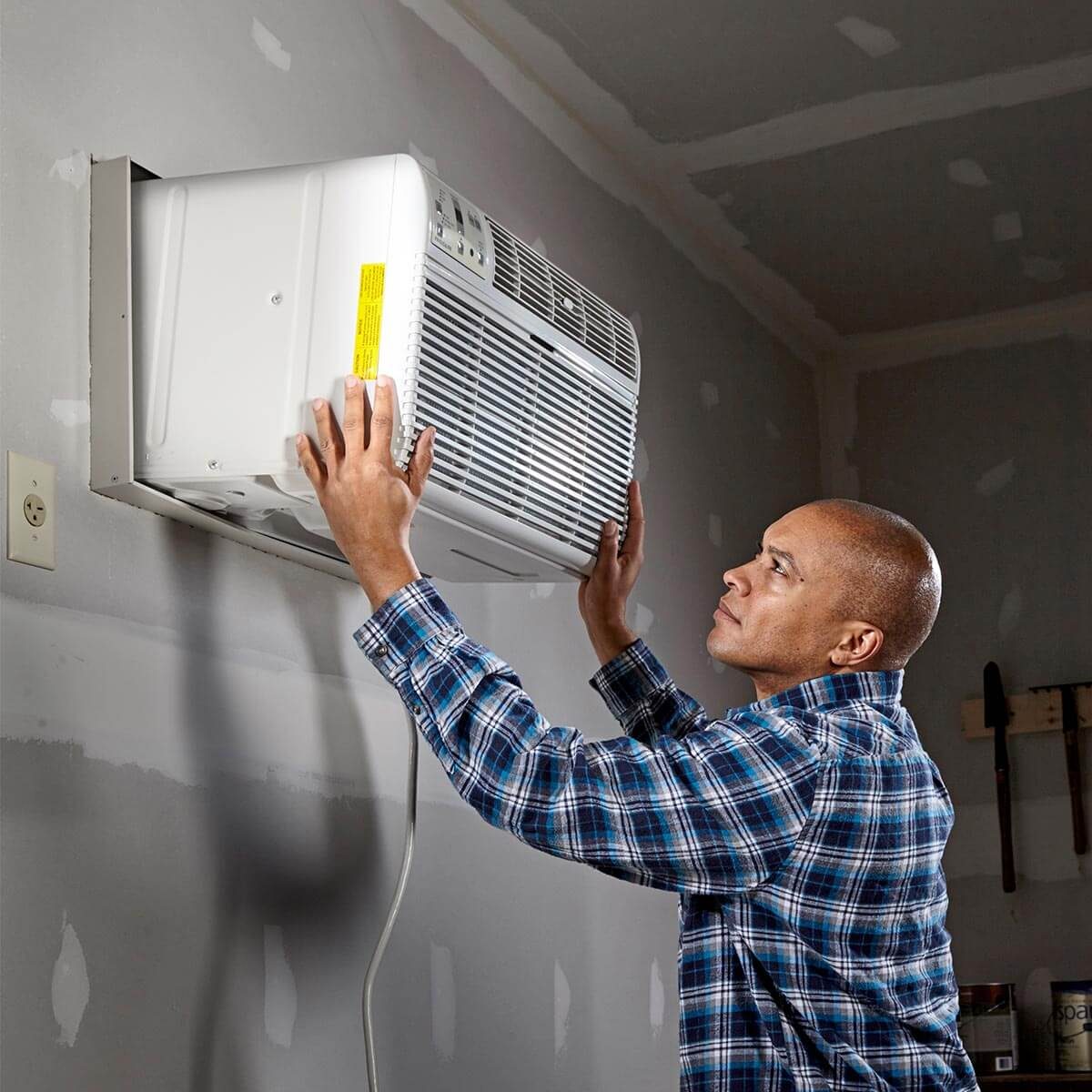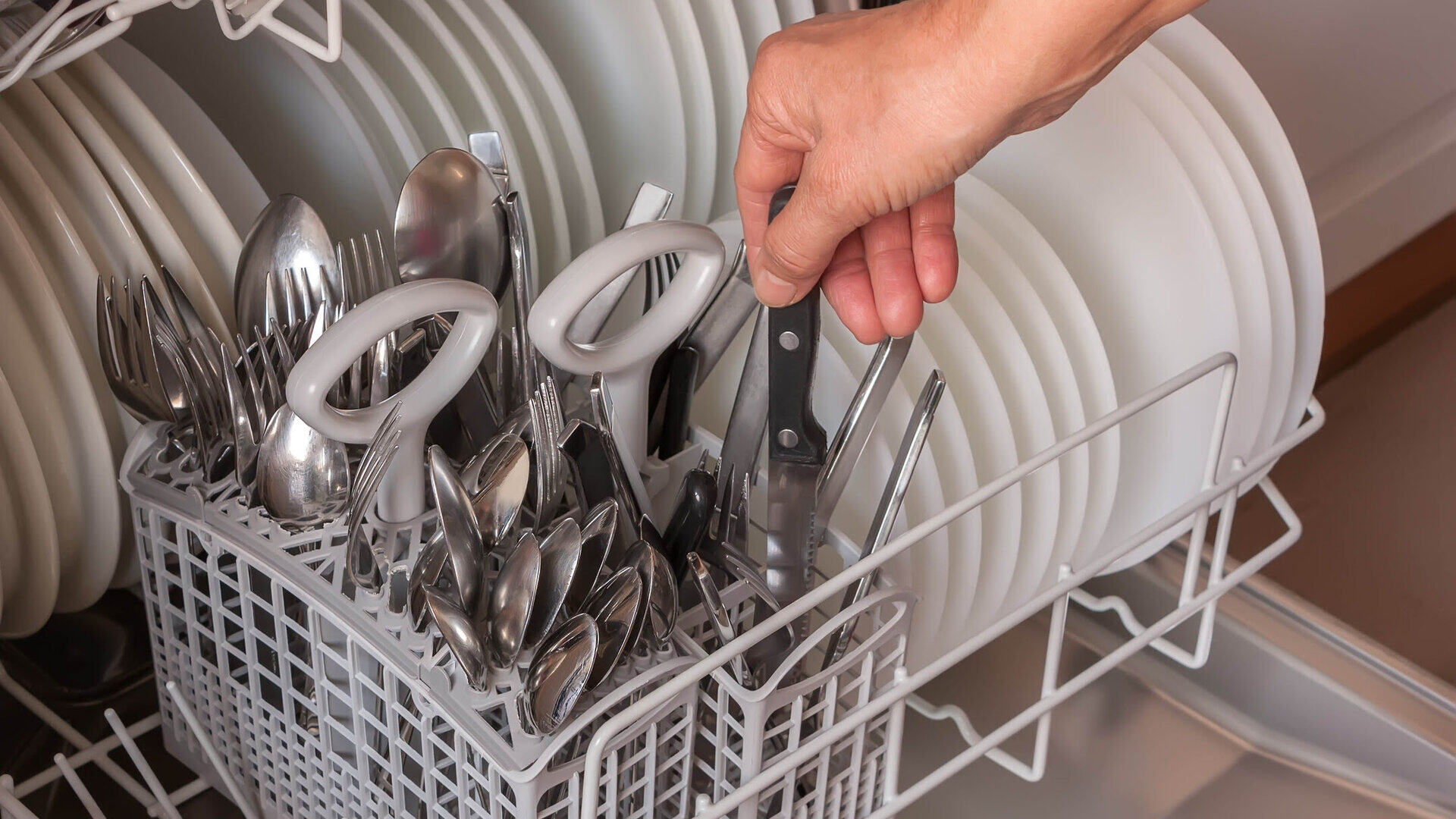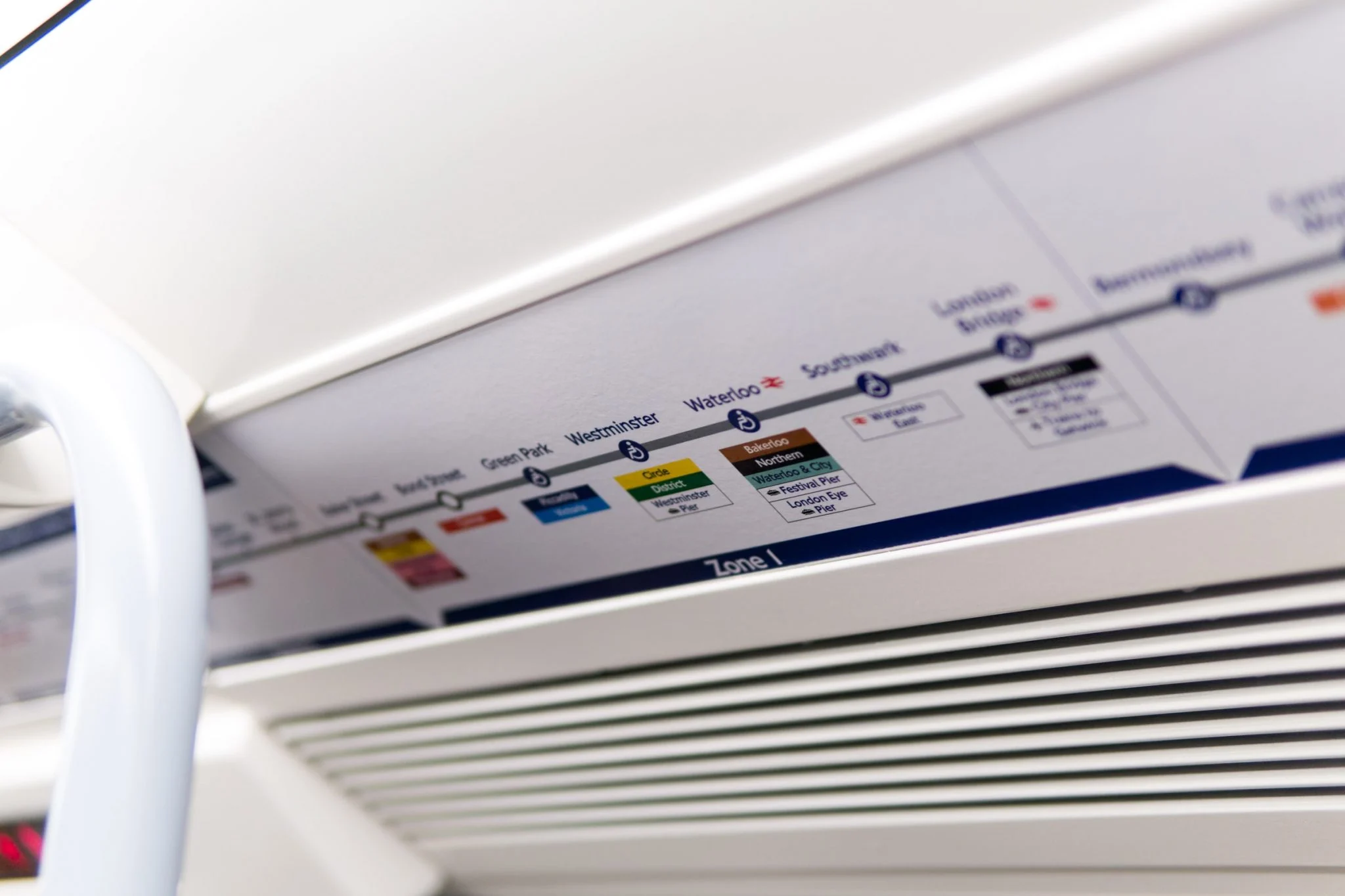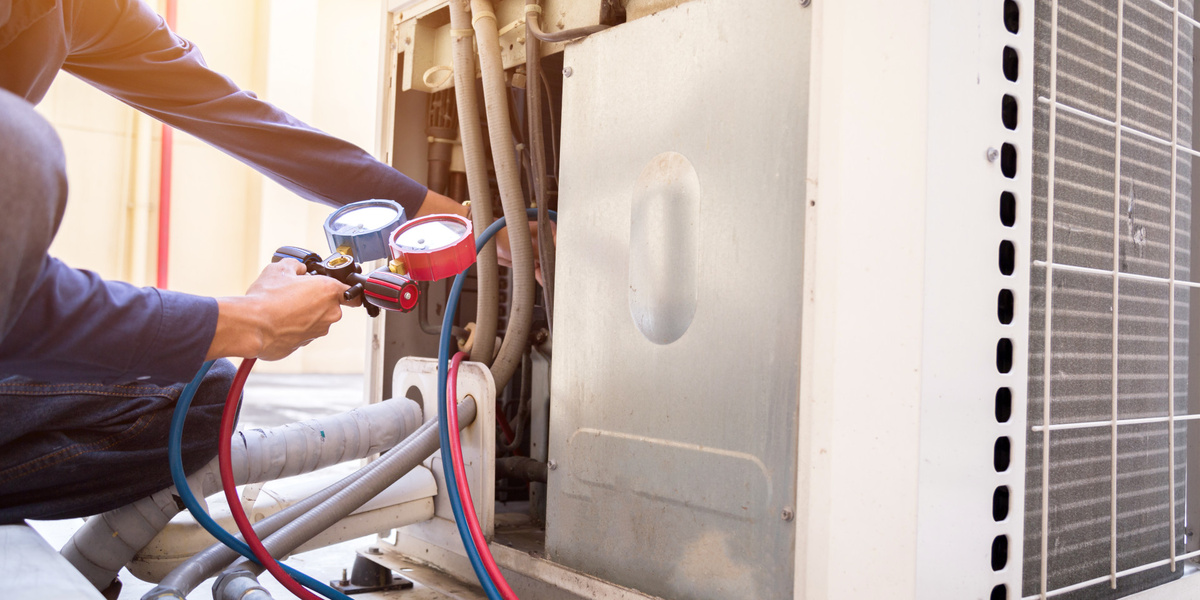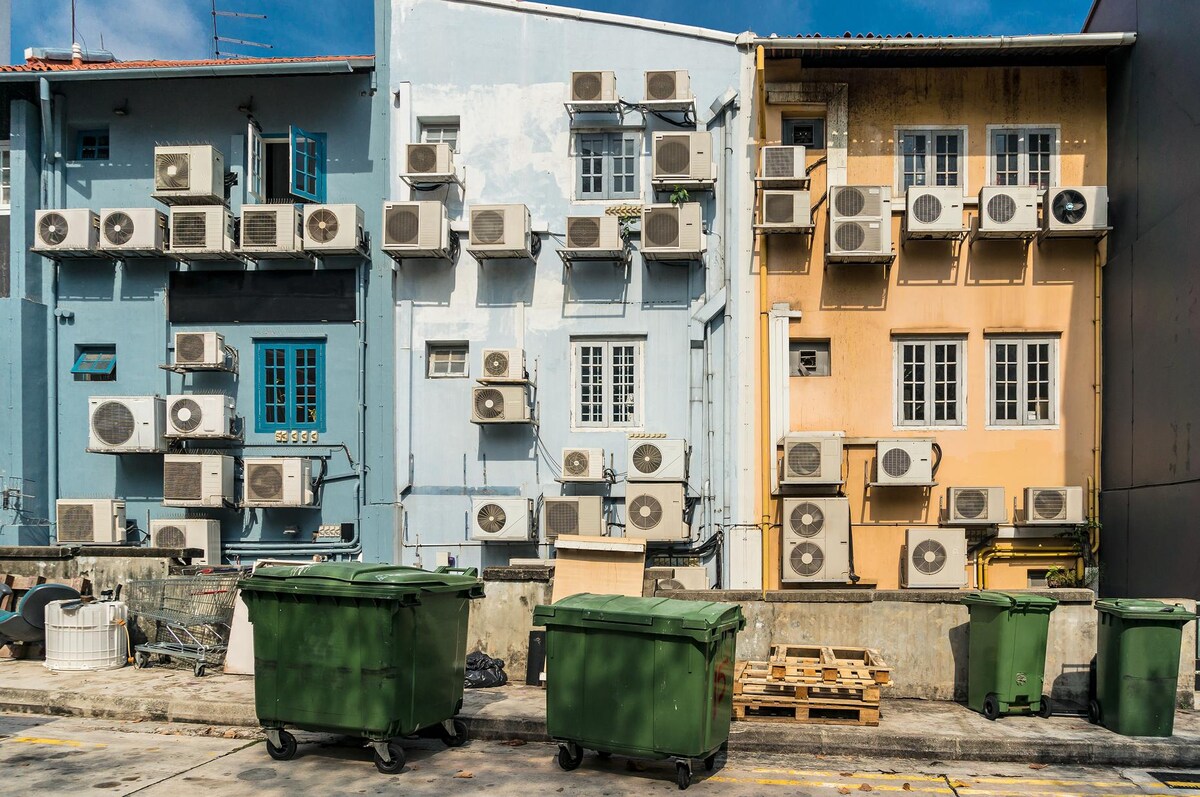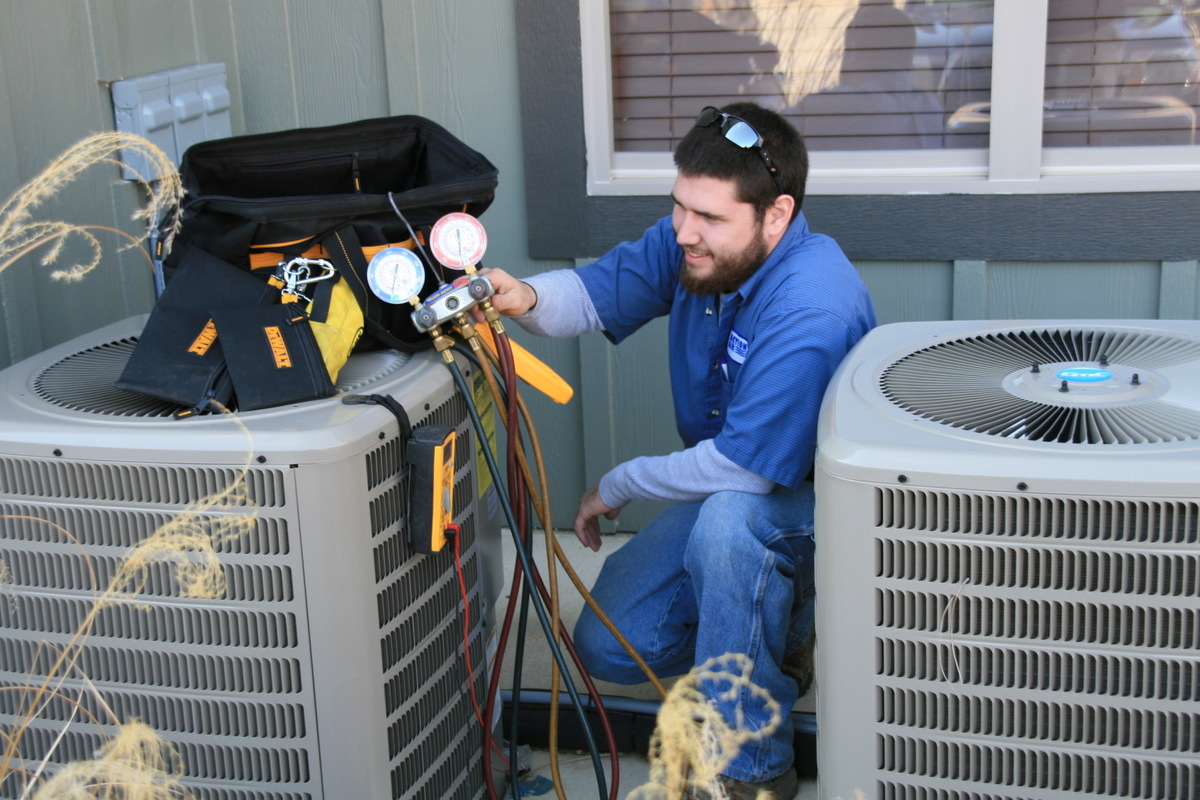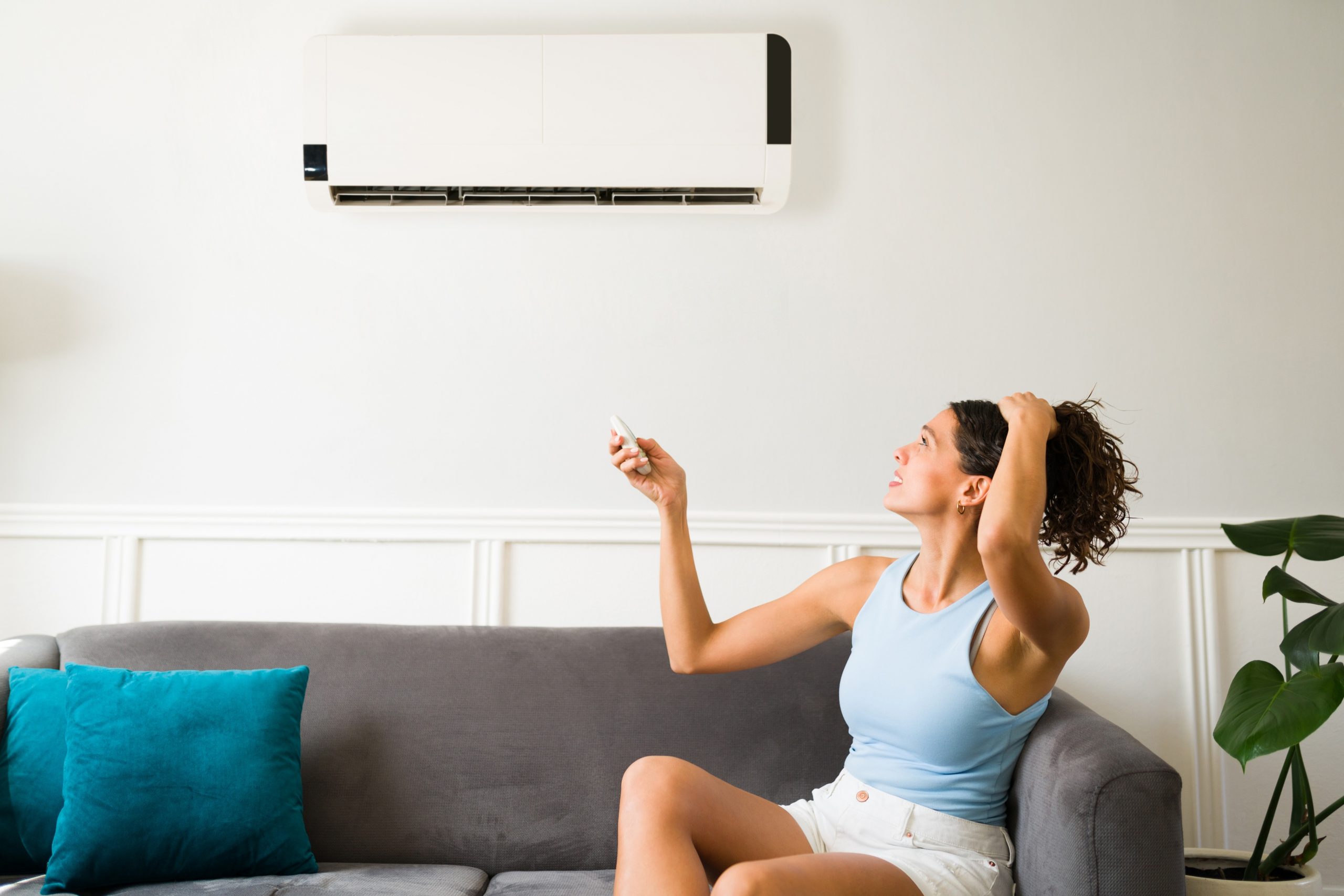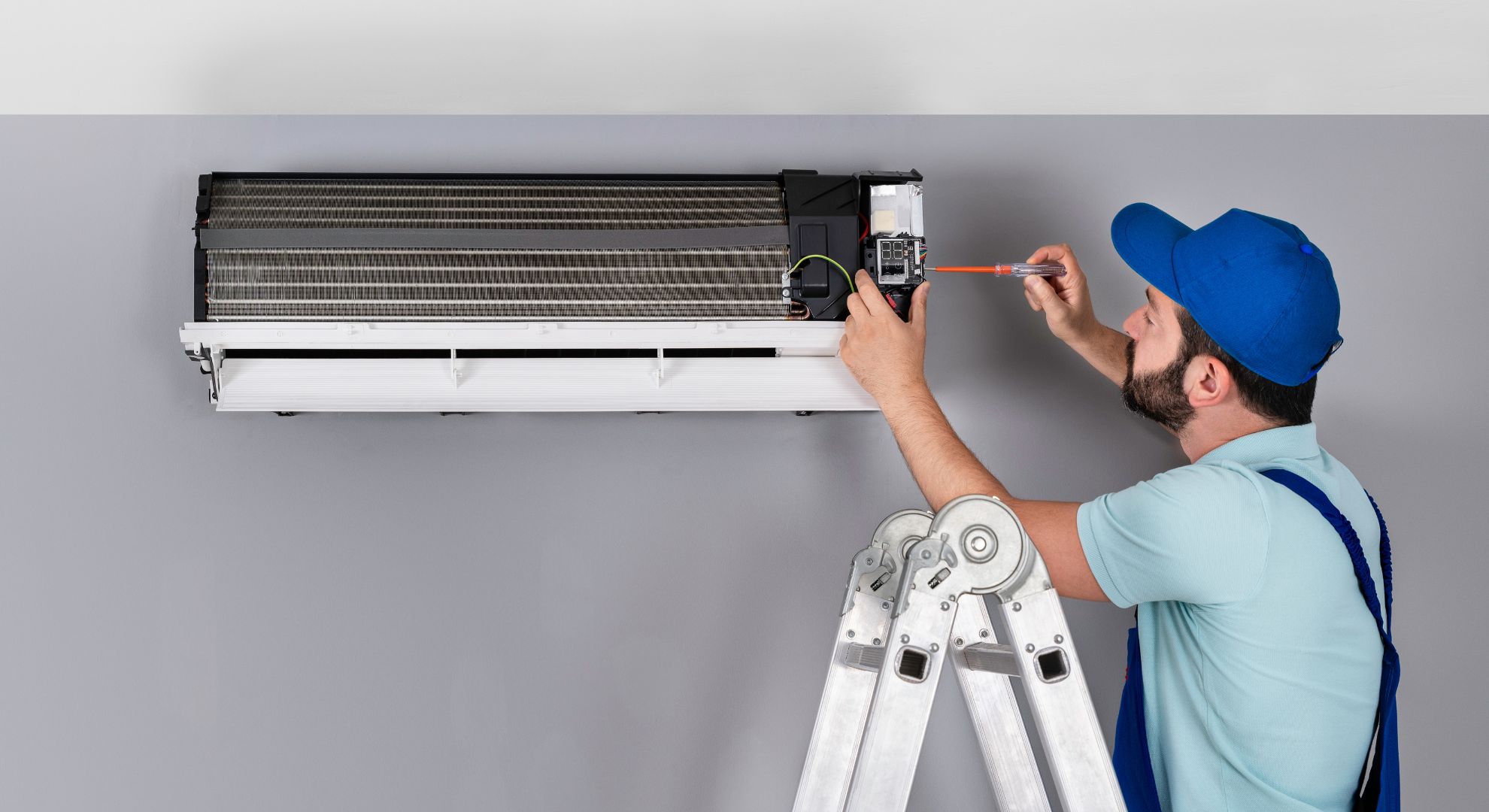Home>Home Maintenance>Why Do I Get Sick From Air Conditioning
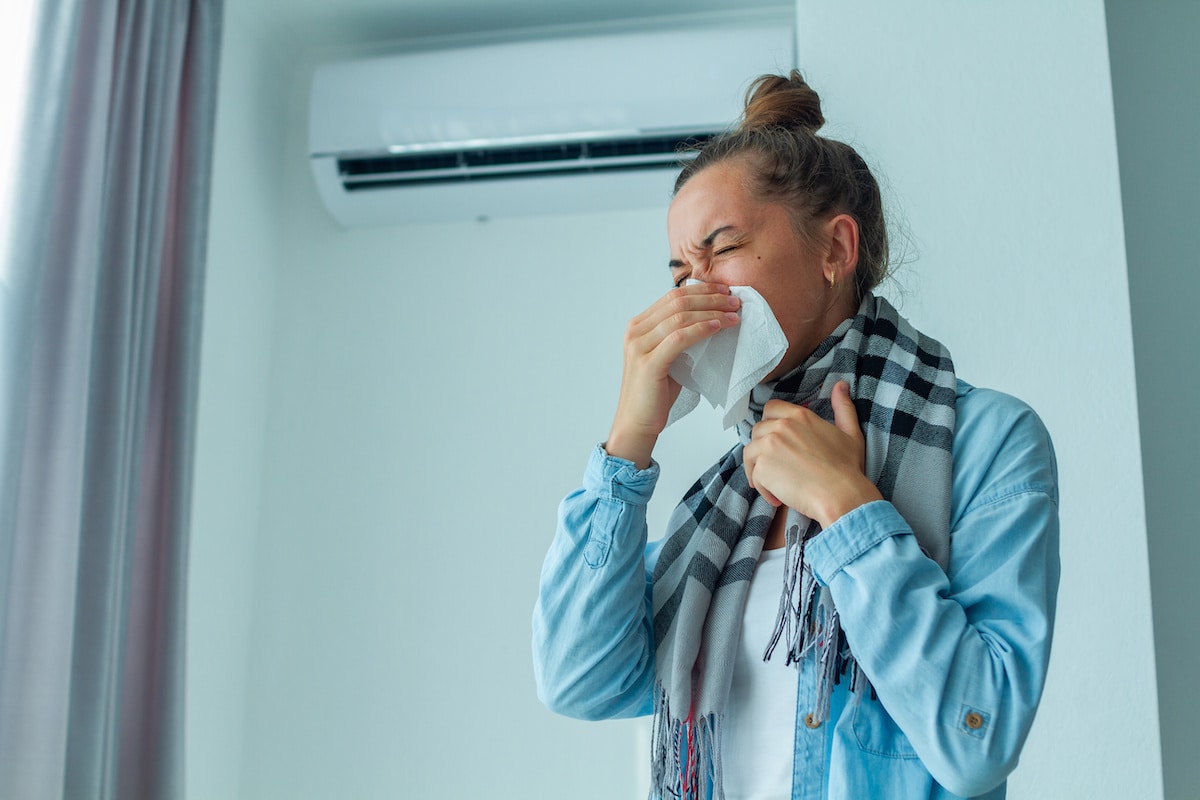

Home Maintenance
Why Do I Get Sick From Air Conditioning
Modified: March 6, 2024
Learn why you might get sick from air conditioning and how proper home maintenance can prevent it.
(Many of the links in this article redirect to a specific reviewed product. Your purchase of these products through affiliate links helps to generate commission for Storables.com, at no extra cost. Learn more)
Introduction
Welcome to the world of air conditioning! As the temperatures rise outside, we seek refuge in the cool indoor comforts provided by our trusty AC units. Air conditioning has become a fundamental part of our lives, offering respite from the sweltering heat and humidity. However, have you ever wondered why you sometimes feel sick after spending time in an air-conditioned space?
In this article, we will explore the factors that can contribute to feeling ill from air conditioning and discuss ways to minimize the health effects. But first, let’s gain a better understanding of what air conditioning actually is.
Key Takeaways:
- Air conditioning can cause health issues like dryness, mold, and allergies. Regular maintenance, balanced humidity, and breaks from AC can help create a healthier indoor environment.
- To minimize the health effects of air conditioning, use air purifiers, maintain proper ventilation, and take breaks from AC. These steps can help you stay comfortable and healthy.
Read more: Why Do I Cough In Air Conditioning
Understanding Air Conditioning
Air conditioning is a technology that allows for the control of indoor temperature, humidity, and air quality to create a more comfortable environment. It involves the process of cooling, dehumidifying, and circulating air to maintain a desired temperature. This is achieved through the use of various components such as compressors, coils, fans, and filters.
At its core, air conditioning works by removing heat from indoor air and transferring it outside. The process starts with the evaporator coil, which contains refrigerant that evaporates as warm air passes over it. This evaporation absorbs heat, cooling the air in the process. The cooled air is then blown back into the room by the fan.
The warm refrigerant gas is then compressed, raising its temperature. It moves to the condenser coil located outside the building, where it releases the heat it absorbed indoors. As the refrigerant cools down, it turns back into a liquid state, ready to repeat the cycle.
This continuous cycle of heat absorption and release creates a comfortable indoor environment by controlling both temperature and humidity. However, it is important to note that air conditioning systems can sometimes cause health issues, especially when certain factors come into play.
Common Air Conditioning Issues
While air conditioning provides us with a cool and refreshing oasis during hot summer months, it can also lead to a few common health issues. Let’s explore some of these concerns:
- Dry air and respiratory problems: Air conditioning systems remove moisture from the air as they cool it. This can result in a decrease in humidity levels, leading to dryness in the throat, nose, and skin. Dry air can exacerbate respiratory conditions such as asthma, allergies, and sinus problems.
- Mold and bacteria growth: Air conditioning units can become breeding grounds for mold and bacteria if not properly maintained and cleaned. The dark, damp environment created by condensation can promote the growth of these harmful microorganisms. Inhaling mold spores or bacteria can trigger respiratory issues and allergic reactions.
- Allergies and irritations: Air conditioning units can circulate pollen, dust, and other allergens that may be present in the indoor space. For people with allergies or sensitivities, this can lead to symptoms such as sneezing, coughing, itchy eyes, and congestion.
- Spread of germs and viruses: Air conditioning systems can potentially spread germs and viruses if they are not equipped with proper filtration systems. These airborne pathogens can travel through the ventilation system, increasing the risk of respiratory infections and illnesses.
- Temperature changes impacting the immune system: Sudden changes in temperature, such as stepping into a highly air-conditioned room from hot outdoor conditions, can strain the immune system. The body needs time to adjust, and rapid temperature fluctuations can increase the risk of colds, headaches, and fatigue.
While these issues may sound concerning, there are various factors that can influence the severity of the health effects experienced. Let’s delve into these factors in the next section.
To avoid getting sick from air conditioning, make sure to clean or replace the filters regularly to prevent the buildup of dust, mold, and bacteria. Also, try to maintain a comfortable temperature and humidity level to reduce the risk of respiratory issues.
Factors Influencing Health Effects
Several factors can influence the health effects experienced from air conditioning. Understanding these factors is crucial in assessing and mitigating any potential risks. Let’s take a closer look at them:
- Air quality and filtration: The quality of the air being circulated by the air conditioning system plays a significant role in maintaining good indoor air quality. Filters are designed to trap dust, pollen, and other particles, preventing them from recirculating in the air. Regularly cleaning or replacing filters is essential to ensure efficient filtration and reduce the risk of respiratory issues.
- Temperature settings: The temperature at which the air conditioning system is set can impact our comfort and overall health. Extremely cold temperatures can cause discomfort, dryness, and even disrupt sleep. It is advisable to set the temperature to a comfortable level, typically between 72-78 degrees Fahrenheit (22-26 degrees Celsius).
- Length of exposure: The longer the exposure to air conditioning, the higher the likelihood of experiencing health effects. Extended periods of time spent in air-conditioned environments can contribute to dryness, respiratory issues, and other discomforts associated with the aforementioned concerns.
- Pre-existing health conditions: Individuals with pre-existing respiratory conditions such as asthma or allergies may be more sensitive to the effects of air conditioning. These conditions can be exacerbated by factors such as dry air and the presence of allergens or irritants in the indoor environment.
- Maintenance and cleanliness: Regular maintenance and cleaning of the air conditioning system are essential for both its efficiency and your health. Mold, bacteria, and other contaminants can accumulate in the unit if not properly maintained, leading to potential health risks. It is important to follow manufacturer guidelines for cleaning and schedule routine maintenance to ensure optimal performance and air quality.
By considering these factors and taking appropriate measures, you can minimize the health effects associated with air conditioning. In the next section, we will explore some tips to help you achieve a healthier indoor environment.
Tips for Minimizing Health Effects
While it’s important to understand the potential health effects of air conditioning, there are measures you can take to minimize these risks. Here are some practical tips to help you create a healthier indoor environment:
- Proper maintenance and cleaning of AC units: Regularly clean and maintain your air conditioning units according to the manufacturer’s instructions. This includes cleaning or replacing filters, clearing any debris from outdoor units, and scheduling professional maintenance when necessary. By keeping your AC unit in good condition, you can reduce the accumulation of mold, bacteria, and allergens.
- Using air purifiers and humidifiers: Consider using air purifiers with HEPA filters to help remove allergens, dust, and particles from the air. Additionally, using a humidifier can help combat dryness caused by air conditioning systems. This can be particularly beneficial during the drier months when indoor humidity levels tend to drop.
- Maintaining a balanced humidity level: Aim for a relative humidity level indoors between 40-60%. Using a hygrometer can help you monitor and adjust the humidity. Dry environments can contribute to respiratory discomfort, while overly humid conditions can promote mold growth. Striking the right balance is key to creating a healthy and comfortable indoor atmosphere.
- Taking breaks from air-conditioned spaces: Whenever possible, take regular breaks from air-conditioned environments to allow your body to adjust to the temperature and humidity changes. Step outside for fresh air or open windows to promote natural ventilation. This can help reduce the strain on your immune system and minimize the potential health effects of prolonged air conditioning exposure.
- Developing good ventilation practices: Proper ventilation is essential for maintaining indoor air quality. Allow fresh air to circulate by opening windows and doors when weather conditions permit. You can also use exhaust fans in kitchens and bathrooms to remove excess humidity and pollutants. Good ventilation helps prevent the buildup of airborne contaminants and promotes a healthier indoor environment.
By following these tips, you can create a healthier and more comfortable indoor environment while enjoying the benefits of air conditioning.
Read more: Why Am I Allergic To Air Conditioning
Conclusion
Air conditioning undoubtedly brings relief from the scorching heat and humidity, creating a comfortable indoor space. However, it is important to be aware of the potential health effects that can arise from prolonged exposure to air conditioning. From dry air and respiratory problems to mold growth and allergens, there are several concerns that need to be addressed.
Understanding the factors that influence these health effects, such as air quality, temperature settings, length of exposure, pre-existing health conditions, and maintenance practices, is crucial to minimizing the risks. By taking proactive steps, you can create a healthier and more comfortable indoor environment for yourself and your loved ones.
Ensure proper maintenance and cleaning of your air conditioning units, utilizing air purifiers and humidifiers to improve air quality, and maintaining a balanced humidity level. Additionally, taking breaks from air-conditioned spaces and implementing good ventilation practices can further enhance your well-being.
Remember, while air conditioning is a modern convenience that enhances our lives, it is important to strike a balance. By being mindful of these common issues and implementing the recommended tips, you can enjoy the benefits of air conditioning while safeguarding your health and well-being.
So, next time you seek refuge from the summer heat in an air-conditioned space, take care to create a healthy environment that ensures your comfort and wellness.
Frequently Asked Questions about Why Do I Get Sick From Air Conditioning
Was this page helpful?
At Storables.com, we guarantee accurate and reliable information. Our content, validated by Expert Board Contributors, is crafted following stringent Editorial Policies. We're committed to providing you with well-researched, expert-backed insights for all your informational needs.

